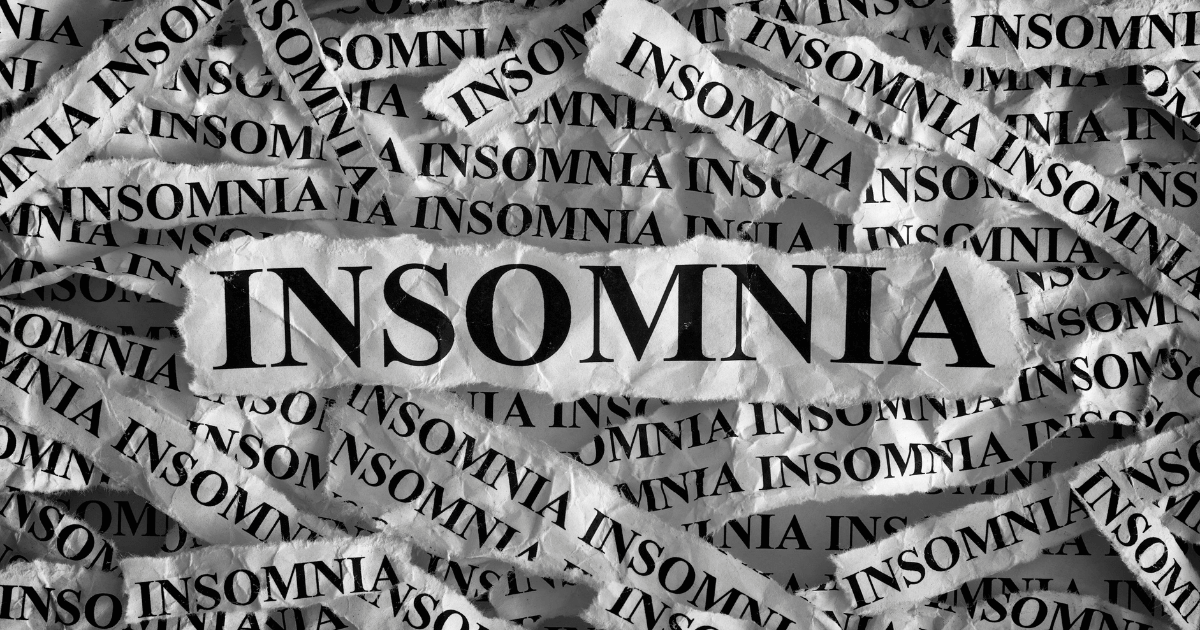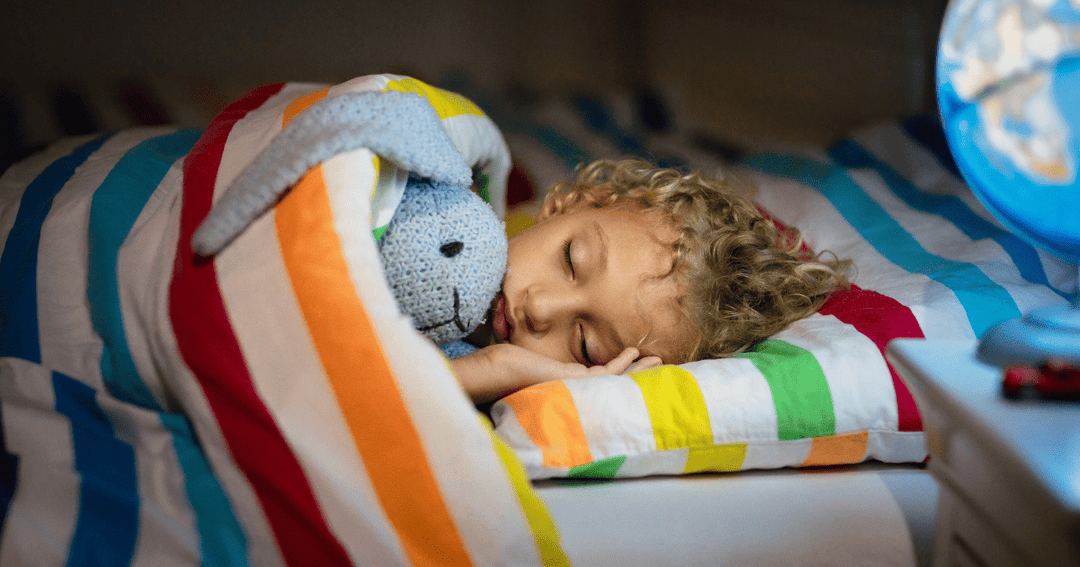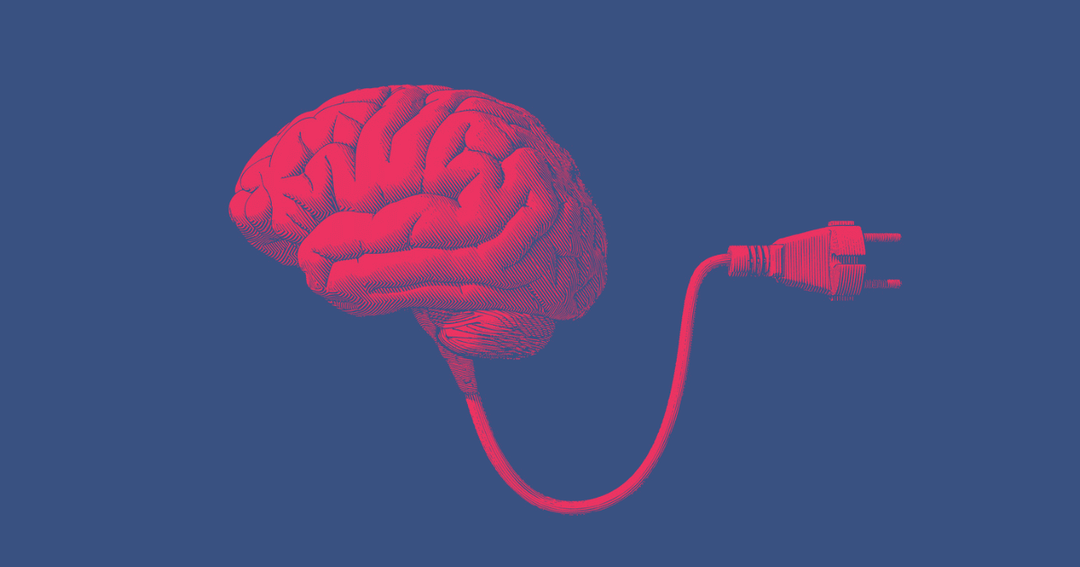People With Insomnia Have 51% Higher Chance of Stroke

Chronic insomnia has long been associated with a myriad of co-morbidities, including stroke, but a recent study found that those with insomnia have a staggering 51 percent higher chance of having a stroke. A lot of people who struggle to fall asleep and stay asleep reach for prescription or over the counter sleeping pills, but these can often come with side effects and dependency.
Sip2Sleep® is an all-natural solution made of just two organic ingredients, making it a healthy supplement that aligns with a good sleep hygiene routine. According to the study, which was published in Neurology, of the 31,126 participants followed over a ten-year period, none of them had a history of stroke at the start of the study. However, in the past decade, there were 2,101 strokes recorded.
The average age of the participant is 61, and there were several insomnia symptoms reported. Some had trouble just falling asleep, others staying asleep, some woke up too early, and some had multiple symptoms. It is important to remember that “insomnia” can present in several ways, despite having the reputation of being a sleep disorder that presents strictly as trouble falling asleep.
The research team found that the more symptoms a person had of insomnia, the likelier they were to have suffered a stroke in the last ten years. People who had 1 – 4 insomnia symptoms were 16 percent more likely to have a stroke compared to counterparts with no symptoms, but those who had 5 – 8 symptoms were 51 percent more likely to have a stroke. Surprisingly, those under the age of 50 (at the time of the stroke) were at an especially high risk.
Correlation and Causation
The authors stress that this doesn’t “prove” that insomnia causes strokes. Instead, they say that the findings “identified insomnia symptoms as a risk factor for stroke” and “suggest that increased awareness and management of insomnia symptoms would likely contribute to preventing stroke occurrence.” Insomnia is one of the most common sleep disorders, and it can be either acute or chronic.
Everyone experiences acute, short-lived insomnia in their life, such as during jetlag. However, chronic insomnia can be a serious problem. The number of cases increased during the pandemic, which had people reaching for OTC sleeping pills. Overall, insomnia affects more women than men and, traditionally, the older you get the more likely you are to have insomnia.
Also Read: Supplement Usage Increased During COVID: Are You Taking the Right Ones?
There are a myriad of causes of stress, including work stress, emotional or money problems, substance abuse, other medication use, and even genetics. It can be a vicious cycle because you can also be stressed out about not getting enough sleep—which gets in the way of that elusive sleep.
Understandably, a lot of people are trying to avoid medications for insomnia or are currently trying to wean themselves off of them. This is where organic solutions and sleep hygiene come into play.
A Safer Way to Beat Insomnia
The first rule of good sleep hygiene is to remove all electronics from the bedroom and avoid screens for at least two hours before bedtime. You can purchase a battery-operated alarm clock, or, perhaps better, put your phone in the other room with a loud alarm that will force you to get out of bed in the morning when you should turn it off.
Sleeping spaces should be cool, dark, and relatively quiet. Some white noise may help you sleep, especially if you live in a loud area. Dinner should happen three hours before bedtime, without alcohol, and a leisurely evening walk can help with digestion and prep the body for sleep.
Swapping a nightcap for sleepy-time tea and opting for a book by the bed instead of your phone are great alternatives for common not-so-great habits. And if you are taking OTC sleep aids, you might need something to help transition yourself away from them.
Also Read: Music Can Help with Depression-Induced Insomnia
Sip2Sleep® may be a fantastic solution that is made of just Montmorency tart cherry extract and Venetron®. These are both plant-derived extracts with no systemic side effects and no risk of addiction. They address inflammation in the body and anxiety to help you get the sleep you deserve.







